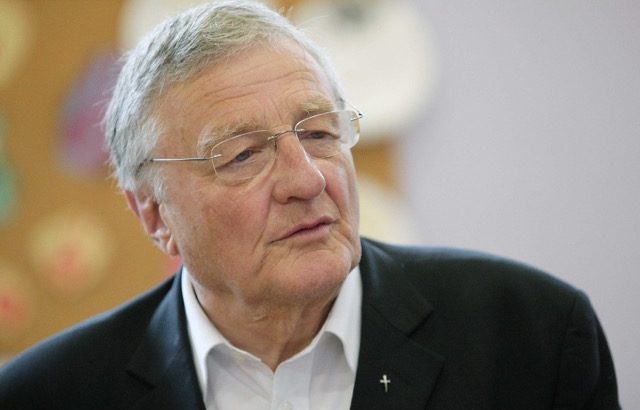Northern Ireland should consider employing a commission of specialists to run the region when the power-sharing executives cannot be established, a prominent Methodist minister has suggested.
“Another election will not produce anything different – it will just produce the same people with the same issues,” Rev. Harold Good told The Irish Catholic as talks to revive the executive remained deadlocked. The Northern Assembly has been on hiatus since the executive broke down in January following the ‘Cash for Ash’ scandal.
“Direct rule would not be at all in our best interests at this moment in time for a number of reasons – it’s a last resort,” the former Methodist Moderator said.
“In our present political set up, particularly with the relationship the DUP have with the government in London, it would send a lot of wrong messages not just to the nationalist community but to the total community,” he said, adding that the restoration of direct rule would “play very much into the court of the dissidents on the Republican side”.
A better option, he said, would be for the Secretary of State, James Brokenshire MP, in consultation with people from across the North’s communities to select people to form a commission that would “in essence be an executive”.
Rev. Good said precedents for such commissions could be found in the recent history of Belgium and in the English city of Rotherham. He also pointed to the ‘Mayo Librarian’ case of 1930-31 which saw the Government dissolving the county council in favour of an appointed commissioner.
Proven record
A temporary executive commission for the North could be “made up of honoured and honourable citizens with a proven track record in business, health, education, community affairs”, Rev. Good said, stressing that such people would have to be “very carefully chosen to be fully representative of the total community”.
Emphasising that these commissioners should only temporarily take responsibility for necessary work, Rev. Good said the commission wouldn’t be called to “govern for ever and a day”, but would merely ensure that the region would function and people would not suffer for lack of policy making, which the North’s “elected representatives would be given time and space to appraise themselves”.


 Greg Daly
Greg Daly Rev. Harold Good. Pic: Kelvin Boyes
Rev. Harold Good. Pic: Kelvin Boyes 